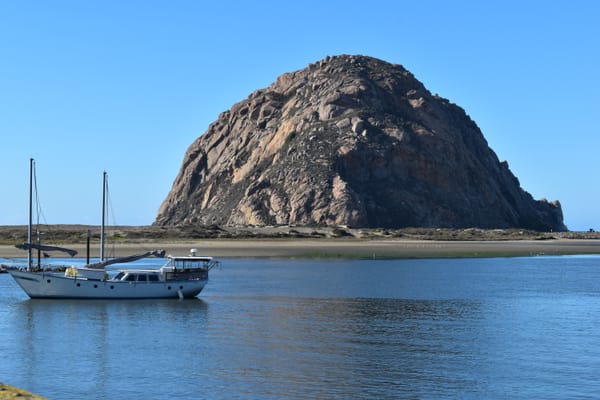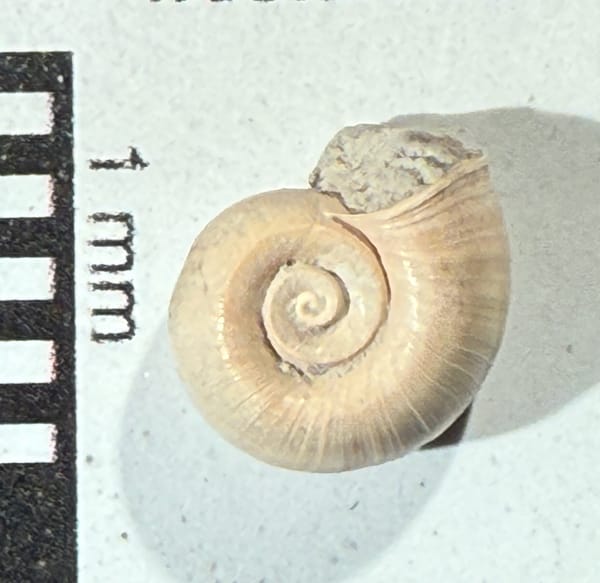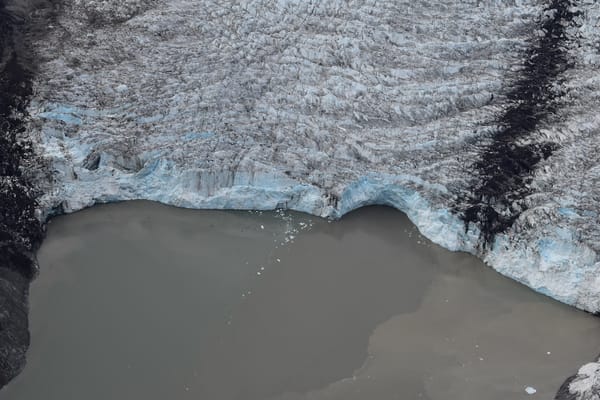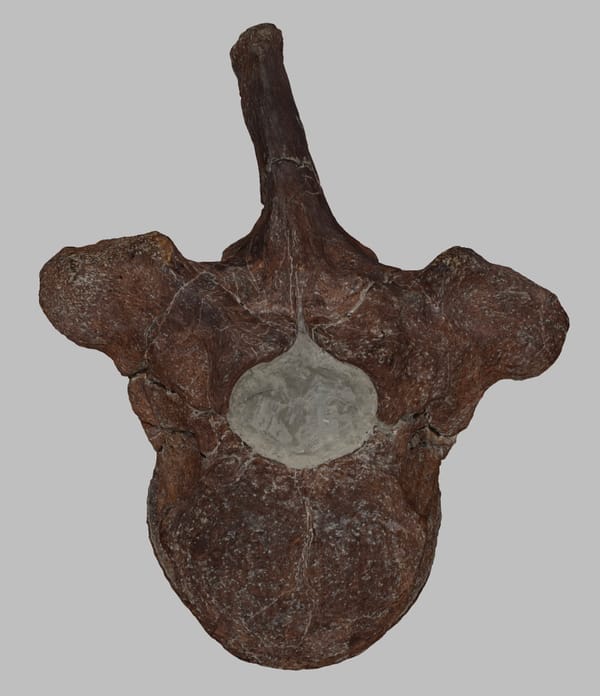Vertebrate Fossils of Louisiana
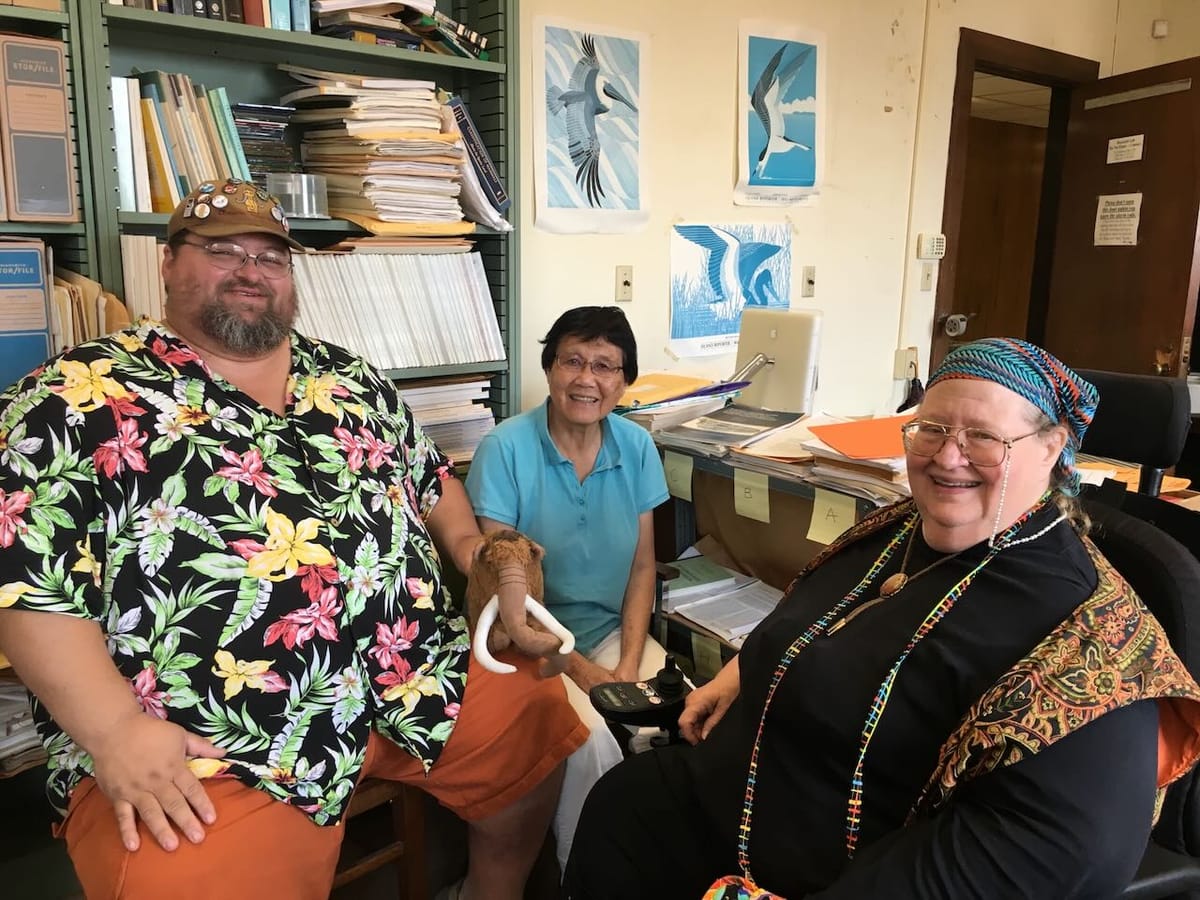
I completed my PhD at Louisiana State University in 1998, working under the guidance of Dr. Judith Schiebout. When I applied to LSU, Judy was mostly known for her work on the early Cenozoic mammals at Big Bend National Park in Texas. This was pretty far from the Miocene whales from the Atlantic Coast that I planned to work on, but as soon as I met Judy we clicked and I realized she would be the perfect advisor for me. After I graduated and moved away from Louisiana we stayed in touch, and I would see her occasionally at conferences. The photo at the top of the page was the last time we saw each other in person, when I visited LSU to examine the mastodons in the collection there in 2016.
During that visit Judy took me out for lunch (she always took visiting researchers out for lunch, and that's often an experience in Baton Rouge!) and told me she was putting together a book volume reviewing vertebrate paleontology from Louisiana, and asked me to write the chapter on proboscideans (I immediately agreed). Over the next few years, through deteriorating health, Judy rounded up chapter authors and started the book moving forward, but sadly she passed away in 2020 with the volume incomplete.
Fortunately, some of Judy's colleagues and former students took up the challenge and decided to publish the book as a memorial volume to Judy. Thanks to the hard work of editors Ting Suyin, Lorene Smith, Connor White, and Irene Martí Gil Vertebrate Fossils of Louisiana was published this week. And the best part is that the entire book is open access and free to download!
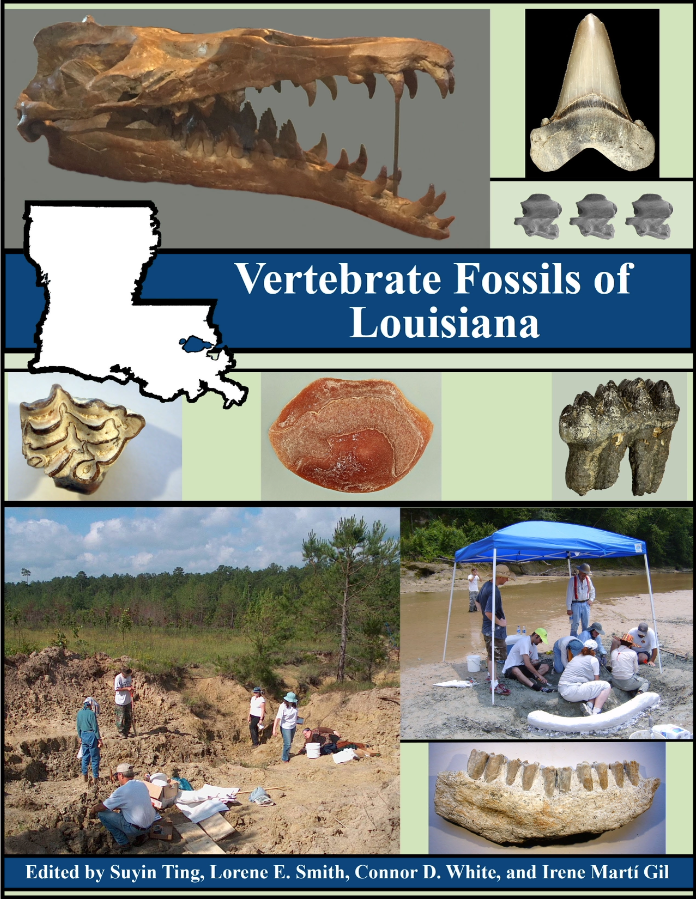
The proboscideans are covered in Chapter 16, which I did end up writing along with my coauthors Connor White, Brittney Stoneburg, and Brett Dooley. In the coming days I'll be posting about some of the individual specimens we examined in that chapter, but in the meantime go download the book!
Thanks to the editors for making this volume a reality, and to Judy, for all she did for me and so many other paleontologists.
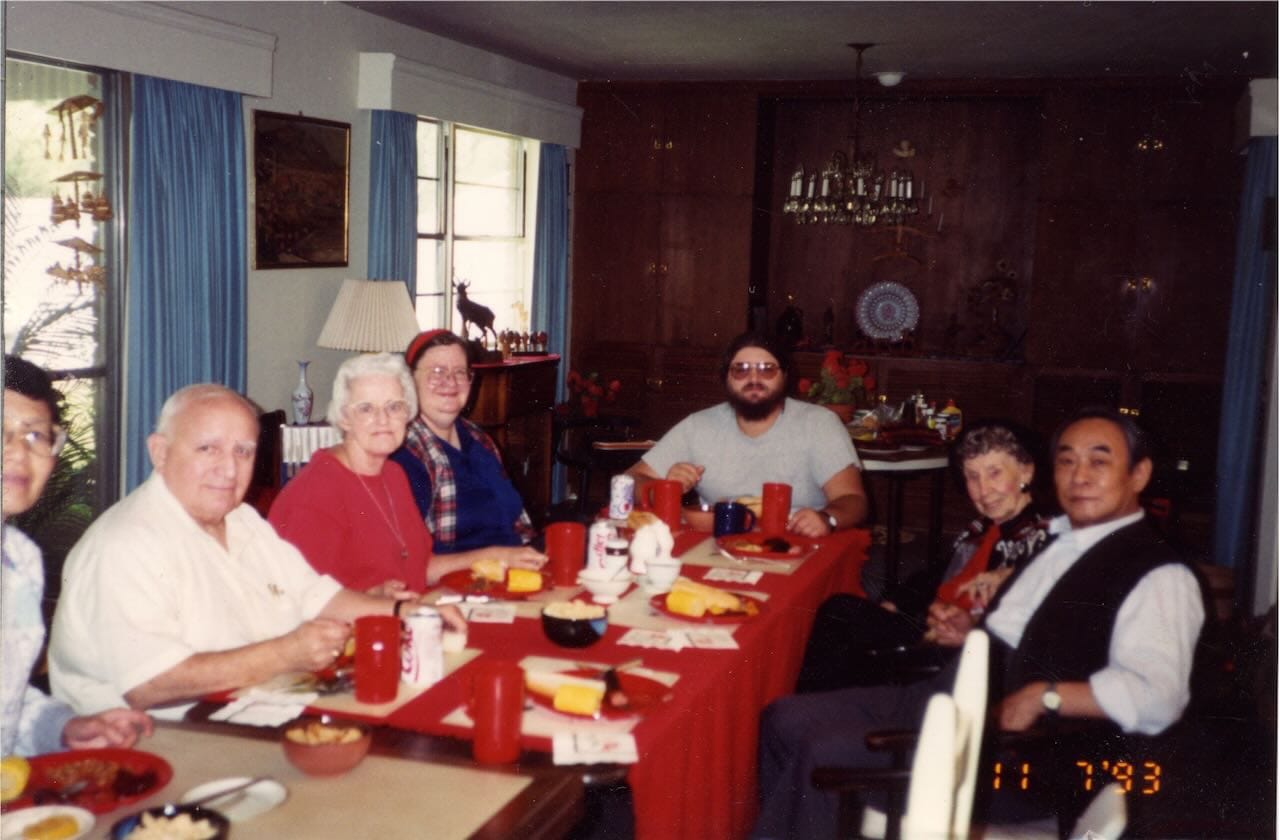

If you like what you're reading, please consider becoming a paid subscriber or leaving a tip. All proceeds go to cover the cost of maintaining the site and supporting research and education at the Western Science Center.
